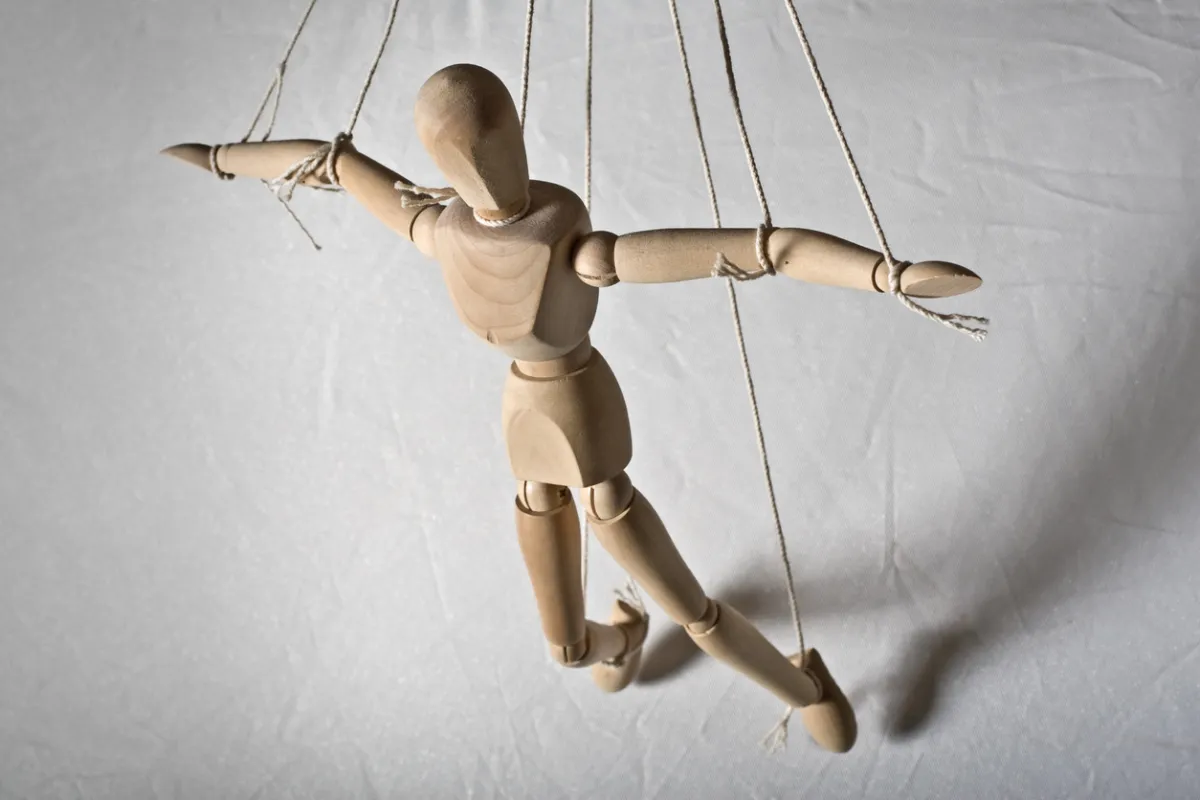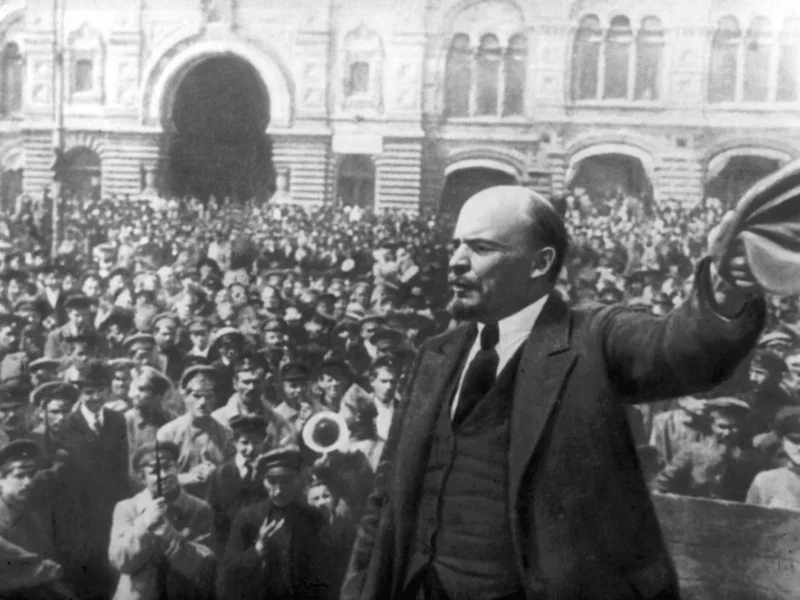Politics, often seen as the art of leadership and governance, can sometimes resemble a carefully orchestrated play. Leaders present themselves as decision-makers, yet behind the scenes, unseen forces may pull the strings. From corporate donors and lobbyists to shadowy power brokers, the concept of “political puppets” raises the question: who’s in charge?
The Illusion of Autonomy
Elected officials frequently project an image of independence, promising to act in the best interest of their constituents. However, modern political systems are deeply influenced by external forces that can shape policies and decisions. These influences are rarely transparent, leaving citizens to wonder how much control their leaders truly have.
The Key Puppeteers
Corporate Interests
Corporations often exert immense power over political figures. Businesses can influence legislation and regulations through campaign donations, lobbying, and funding think tanks. Industries like fossil fuels, pharmaceuticals, and technology are notorious for using their wealth to sway decision-makers, often prioritizing profits over public welfare.
Lobbyists and Special Interest Groups
Lobbying has become an institutionalized form of influence in many democracies. These groups work to ensure policies align with their agendas, whether it’s gun rights, environmental deregulation, or healthcare reform. While lobbying is legal, its outsized impact often undermines the interests of ordinary citizens.
Wealthy Donors
Political campaigns are expensive, and candidates rely heavily on contributions from wealthy individuals and organizations. These donors expect a return on their investment through favorable policies, tax breaks, or access to decision-making. This dynamic can turn politicians into de facto elite representatives rather than the electorate.
International Influence
Foreign governments and entities also seek to shape the policies of other nations. These actors attempt to steer decisions in their favor through economic aid, trade agreements, or covert operations. Accusations of foreign interference, such as Russia’s alleged meddling in U.S. elections, highlight the global dimension of political puppetry.
Political Parties and Power Brokers
Party leadership and influential figures often hold significant sway over elected officials within political systems. They determine funding, endorsements, and career trajectories, leaving politicians beholden to their agendas rather than their constituents.
How Puppetry Impacts Governance
The presence of hidden influencers distorts democracy, often prioritizing the needs of the powerful over the public. Policies shaped by special interests can lead to inequality, environmental degradation, and a lack of accountability. Voter disenfranchisement and declining trust in institutions are direct consequences of this dynamic.
Can Politicians Break Free?
While the system may seem insurmountable, some leaders have successfully resisted external pressures. Grassroots movements, public financing of campaigns, and greater transparency can empower politicians to act independently. Citizen engagement is also crucial; holding leaders accountable and advocating for systemic reform can weaken the grip of the puppeteers.
Conclusion
The notion of political puppets underscores the complexities of modern governance. While elected officials may hold the spotlight, the forces behind them often dictate their moves. Recognizing and challenging these hidden influences is essential for preserving the integrity of democracy. Ultimately, the power to cut the strings lies in the hands of informed and active citizens.



